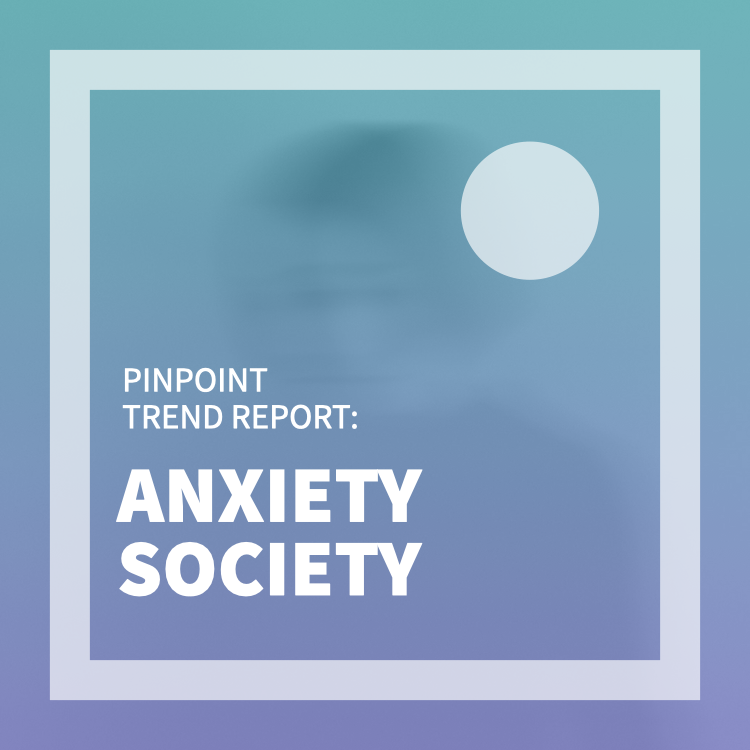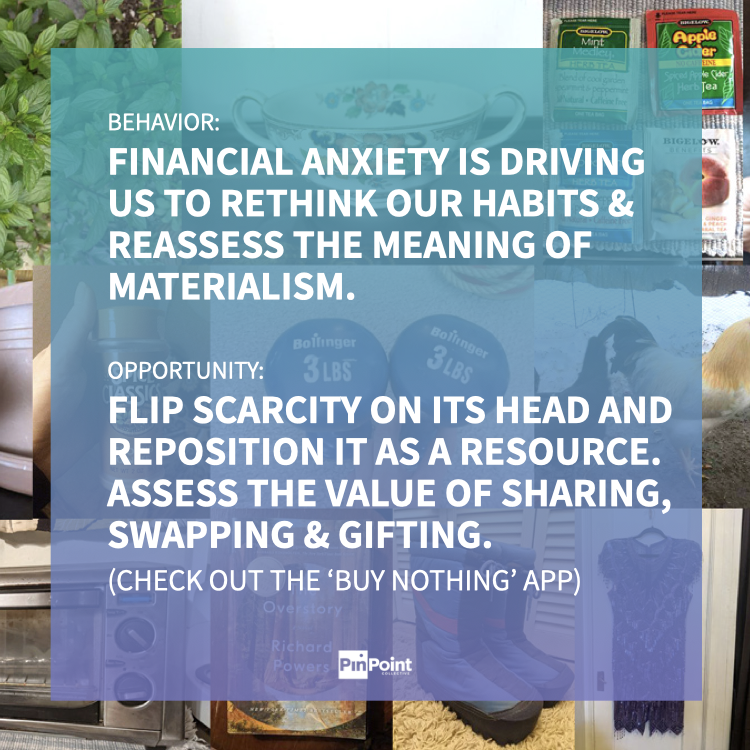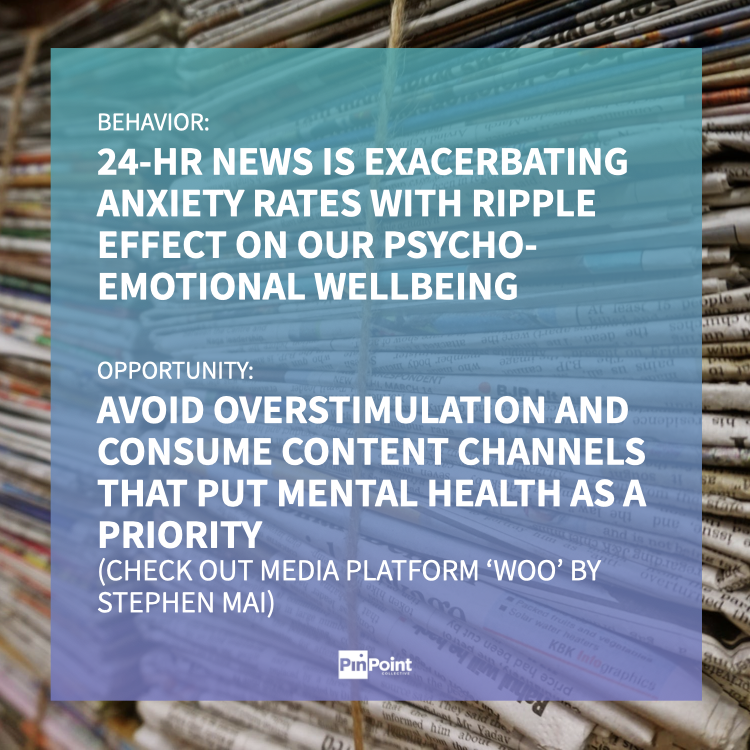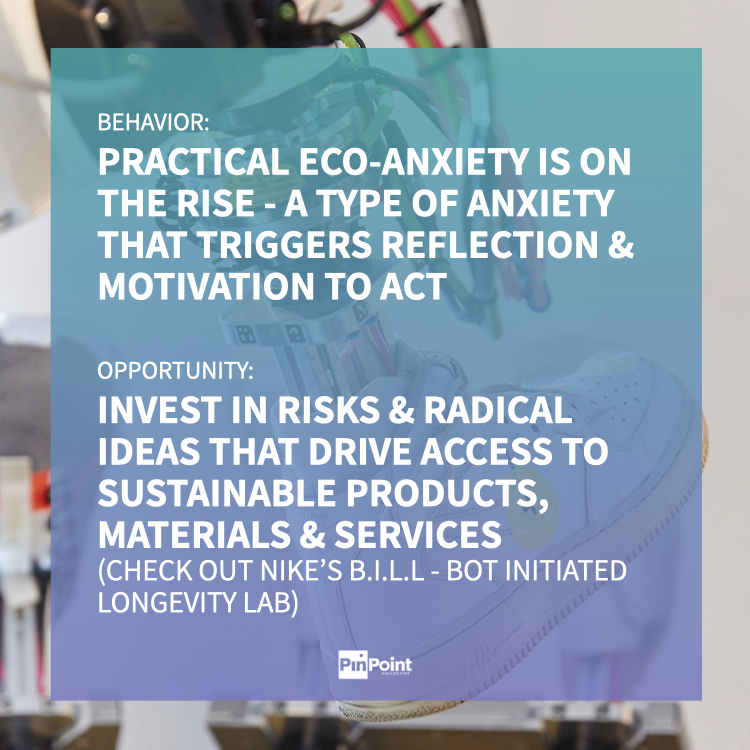So… leaders do something about it
We don’t know about you all, but if we had a dollar for everytime someone mentioned needing to ‘figure out GenZ’ lately, we’d be ready to retire. Obviously, so much to learn about GenZ, but in the process of focusing on the shiny new generation, we seem to have forgotten about others that matter just as much, if not more. Want to know what we haven’t heard someone mention lately – needing to figure out ‘women going through menopause’. And we’re raising the flag that this is something ALL businesses need to be paying more attention to.
Let’s start with some hard facts for all the business leaders out there: “between productivity loss and healthcare costs, menopause’s global economic impact is estimated at over $150 billion annually.” – Quartz
Spark your interest yet? If not, maybe these will:
- 1 in 5 women have considered leaving their job or retiring early due to lack of support in their menopausal years
- 79% of women describe working during menopause as ‘challenging’
- 40% of women report taking time off work due to perimenopause or menopause symptoms
- 59% of those that took time off felt they needed to hide the reason why
When we look back on the last decade, companies have made a lot of progress in normalizing pregnancy (although we still remember back to an early employer of ours who pointed nursing moms in the direction of glass enclosed phone booths… they resorted instead to public bathrooms). Today, many companies offer flexible working arrangements for moms-to-be, make the benefits process simple and straightforward, set up designated mother’s rooms, normalize breastfeeding, and even educate employees on the “are you pregnant” question.
All that being said, if we were to run research on whether or not business leaders are currently helping normalize menopause in the workplace, our hypothesis is that the findings would lean heavily ‘not’. And what sucks the most, of these women (55 million in the US to be specific… aka. 20.5% of the entire US workforce), who are forced to experience the data points above, they are quite often the ones taking on the most challenging projects or advancing into top leadership positions at this stage in their careers.
Companies, you have a moment, right now, to do something about this.
Don’t lose these women – perhaps your most valuable women – because facts are facts and there is a decent chance they are feeling unsupported, considering leaving, or even retiring early. So what do you do? Well, the first step is to listen. Every workplace has a culture, defined in great part because of its employees, so give them a seat at the table. Listen to their experience. Give them space to co-create ideas with you. And then put those concepts into action. We’ll help you get started in the brainstorm:
- How might you ensure women in midlife are included and supported directly through benefit offerings?
- How might you normalize menopause like we continue to do with pregnancy?
- How might you treat the whole human during menopause, not just the employee?
- How might your inclusivity efforts address women in their menopausal years?
- How might you leverage digital health services to support?
Now we’re curious – have any of you out there looked into supporting midlife women in your workplace or on your teams? Have you implemented strategies to support their menopausal needs? Or maybe you’ve just had the first discussion on the topic (to which, we applaud you!). Please reach out, let us know what you’ve been thinking about, or perhaps haven’t thought about. We at PinPoint are here to support this growing population and normalize their health and their lives in a way that matters. We sure hope you are, too.



